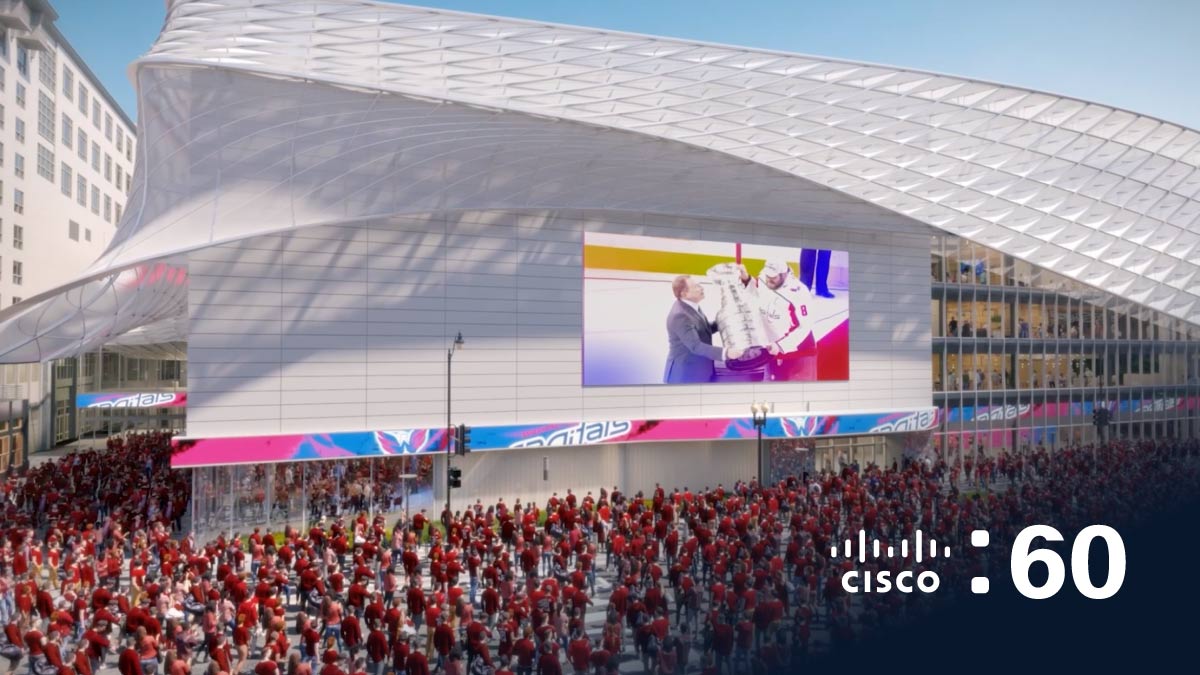January 12, 2006
Almost three-quarters of global enterprises expect to migrate to a fully converged network by the end of 2008, according to research released today by industry analyst firm IDC. The research, sponsored by BT and Cisco, has found that 28 per cent of large enterprises in Europe and the US have already adopted converged technologies and this will expand over the next three years to 74 per cent.
The research shows that the two major drivers for this rapid migration to Internet Protocol (IP)-based networks include expected cost savings over existing voice services (39 per cent) and the end of serviceable life of existing Private Branch Exchange (PBX) networks (29 per cent). While reduction on voice call costs feature most prominently, additional drivers for organisations considering a converged network include enhanced productivity through flexible working, and improved business processes.
Mirroring these findings, the number one benefit anticipated by enterprises considering converged services is cost savings (73 per cent). These cost savings will be derived either directly from lower voice calls, or from other benefits such as more efficient network management (20 per cent) and increased functionality enabled by additional IP-based features such as unified communications and mobile extensions (37 per cent).
The research found that there is a significant lack of understanding in the enterprise market about the benefits that converged technologies can offer, with only 50 per cent of respondents believing they have sufficient knowledge to be able to make a decision about adoption.
Duncan Brown, consulting director at IDC, said: "As convergence reaches the mainstream of large enterprises, buying criteria shifts emphasis towards providers that can demonstrate strong track records in capability and experience. Buyers also look for proof points, such as case studies and reference clients."
Aaron McCormack, vice president network platforms and propositions, BT Global Services, said: "This research provides an extremely useful insight into the current state of convergence adoption by global enterprises, as well as a clear indication of how this market will mature over the next three years. The convergence of voice and data systems is at the heart of BT's vision for the digital networked economy, enabling businesses to achieve true flexibility and collaboration while also managing costs and simplifying their operations."
Clive Sawkins, operations director for Cisco IP Communications, said: "What this research shows is that while global enterprises may not be the first to adopt new technologies, when they can see sufficient evidence of real benefits and industry momentum then mainstream adoption will follow. Cisco has been at the forefront of providing converged services to global enterprises for a number of years, and we have designed our entire technology architecture to help enable all applications to run across a single infrastructure."
Organisations were equally split between whether they would take a phased approach when migrating their voice services to IP, or whether they would migrate the entire estate in one go. The research found that the larger organisations, with bigger and more complex networks, were more likely to take a phased approach, whereas smaller enterprises were more likely to migrate in just one implementation.
The research found that less than 20 per cent of enterprises currently use managed services for their separate voice and data networks, however 39 per cent expect to use managed services for converged voice and data services. This means that enterprises are taking the opportunity to not only modernise their networks but also their management and cost structures.
The primary reason for selecting a potential provider to manage the network was demonstrable experience and technical excellence in voice, data and convergence (46 per cent). As the majority begin their adoption, they look less for innovation and more for stability and proof points.
McCormack said: "As forerunners in the field of globally networked IT, BT and Cisco together offer a unique combination of expert advice and innovative products and services delivered over the global IP network, in a partnership structured around the needs of our customers."
Notes to Editors
'Voice and Data Convergence hits the mainstream: why Enterprises are migrating their networks quickly' (IDC, December 2005) was commissioned by BT and Cisco and is based primarily on a telephone-based, quantitative survey of large enterprise organisations in nine countries: Spain, Germany, Belgium, the Netherlands, Ireland, Italy, France, the UK, and the US. The research was conducted in October 2005, and IDC interviewed a total of 440 respondents. The respondent profile targeted senior IT Decision Makers actively involved in their organisation's activities with regard to the convergence of voice and data services.
About IDC
IDC is the premier global provider of market intelligence, advisory services, and events for the information technology and telecommunications industries. IDC helps IT professionals, business executives, and the investment community make fact-based decisions on technology purchases and business strategy. Over 775 IDC analysts in 50 countries provide global, regional, and local expertise on technology and industry opportunities and trends. For more than 40 years IDC has provided strategic insights to help our clients achieve their key business objectives. IDC is a subsidiary of IDG, the world's leading technology media, research, and events company. You can learn more about IDC by visiting http://www.idc.com/.
About BT
BT is one of the world's leading providers of communications solutions serving customers in Europe, the Americas and Asia Pacific. Its principal activities include networked IT services, local, national and international telecommunications services, and higher-value broadband and internet products and services.
BT consists principally of three lines of business:
- BT Retail, providing a comprehensive range of communications and related services to more than 20 million UK consumers and businesses.
- BT Wholesale, providing network services and solutions within the UK to more than 600 fixed and mobile operators and service providers including the provision of broadband and private circuits.
- BT Global Services, providing networked IT services to meet the needs of multi-site organisations globally. BT Global Services operates in more than 130 countries and also offers international carrier services.
From January 2006, there will be a fourth business called Openreach. This business will be responsible for the nationwide local BT network, which covers the "first mile" of wires that connects homes and businesses across the UK to their service providers. Openreach will provide communications providers with services and products associated with that network.
In the year ended 31 March 2005, BT Group's turnover was £18,623 million with profit before taxation of £2,354 million.
BT Group plc is listed on stock exchanges in London and New York. British Telecommunications plc (BT) is a wholly-owned subsidiary of BT Group and encompasses virtually all businesses and assets of the BT Group.
For more information, visit www.bt.com/aboutbt
A wide selection of BT images are available for download via the image library at www.vismedia.co.uk.



